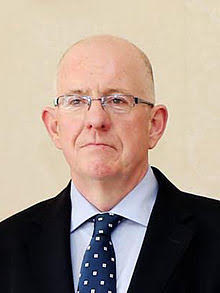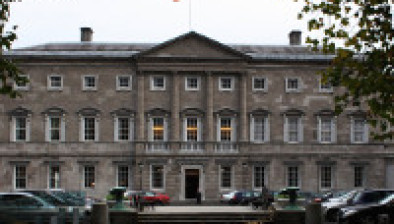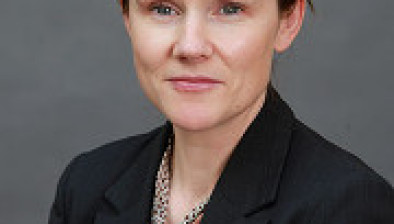Gardaí to investigate suspected arson attack at proposed Direct Provision centre

Charlie Flanagan
An Garda Síochána has launched an investigation into a fire at a hotel in Rooskey which has been earmarked as a possible Direct Provision centre.
In a statement this morning, Justice Minister Charlie Flanagan said he did not “wish to speculate” on the cause of the fire at the Shannon Key West Hotel in Rooskey.
The hotel had contracted with the Department of Justice and Equality to house 80 asylum seekers.
Mr Flanagan said: “The final preparations were being made in the hotel for their arrival. Thankfully, there were no residents in situ when the fire broke out. A security guard who was on the premises was not injured and managed to raise the alarm.
“The investigation into the cause of the fire must now take place and I do not wish to speculate at this point. It is also too early to say when the hotel might be ready to accept residents. All of the necessary assessments, certifications and any remedial works required must be carried out before we have a clearer timeframe. In the interim, my Department will continue to meet our obligation to provide accommodation for persons seeking our protection.”
Nasc, the Irish Immigrant Support Centre, said the fire was the second to break out at a hotel which has contracted with the Department to house asylum seekers, following a suspected arson attack on a hotel in Moville, Co Donegal last November.
“If it is found that the fire in Rooskey was caused by arsonists,” Nasc CEO Fiona Finn said, “it should be investigated and prosecuted as a hate crime.”
She added: “It is well past time that the Department of Justice seriously considered alternatives to the privatised ‘direct provision’ model for the reception of asylum seekers. Direct provision is not fit for purpose; a privatised model does not protect and promote the human rights of residents, but more importantly in this context, it means no one takes any responsibility for engaging with communities and ensuring resource needs are met and integration is fostered.”
“Communities do not feel like they are being consulted, there are concerns about the distribution of resources and locating large capacity centres in small villages in remote areas. On top of that, a few individuals are fostering hate and intolerance and inflicting hate crimes on these small communities – this damages everyone involved.”










